Pomegranate: Important Facts, Health Benefits, and Recipes
Explore the health benefits, history, and culinary uses of the nutrient-rich pomegranate in our comprehensive guide, and learn how to incorporate it into your daily life.
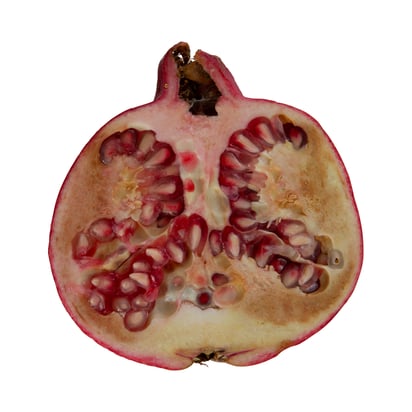
Nutritional Facts
1 pomegranate
Amount per serving
Calories
234.1
Carbohydrates
52.7 g
Fat
3.3 g
Protein
4.7 g
Saturated Fat
0.3 g
Sodium
8.5 mg
Fiber
11.3 g
Sugar
38.5 g
Best Pomegranate Recipes
-
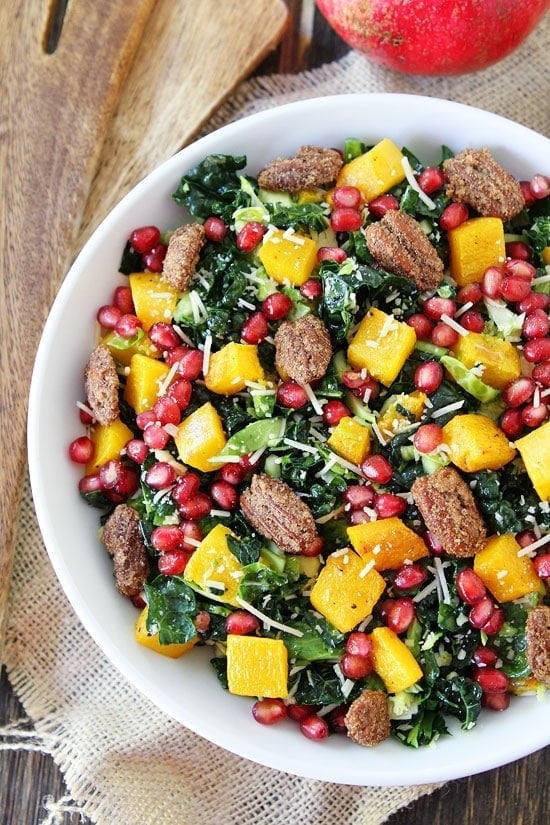
-
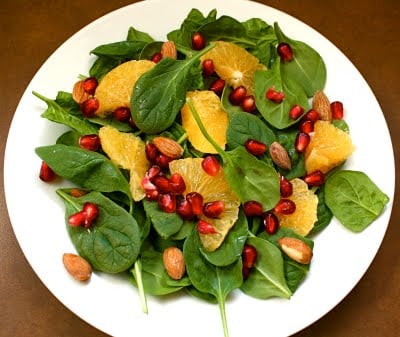
-

-

-
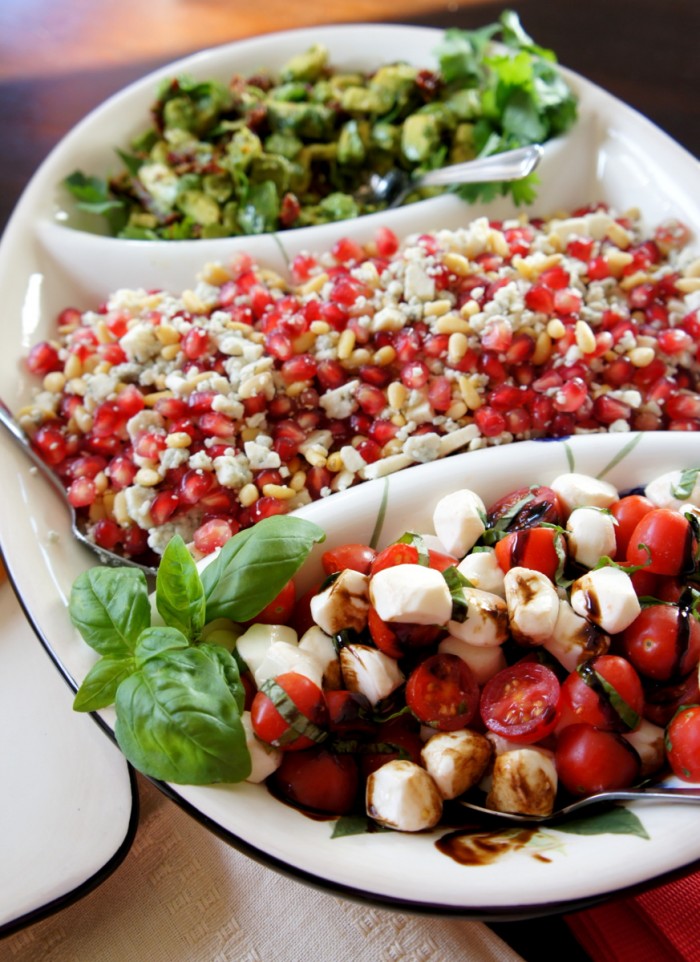
-
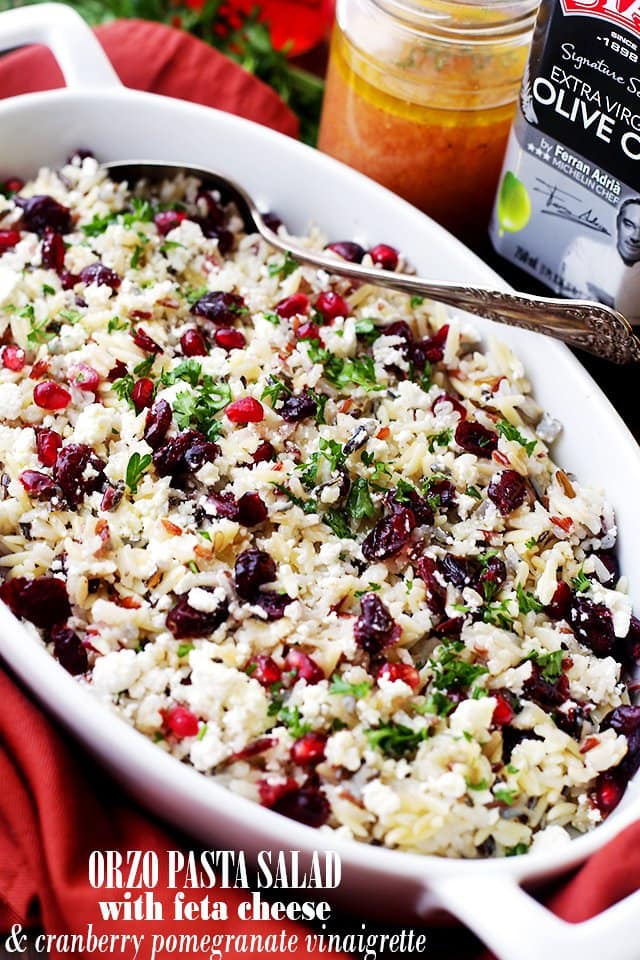
-
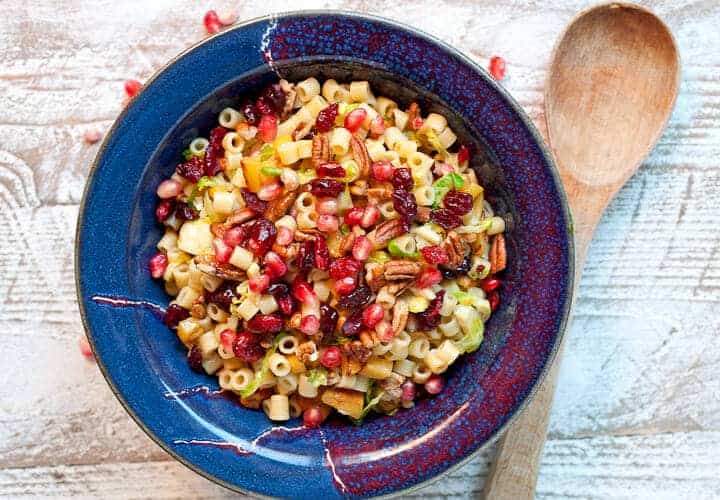
-
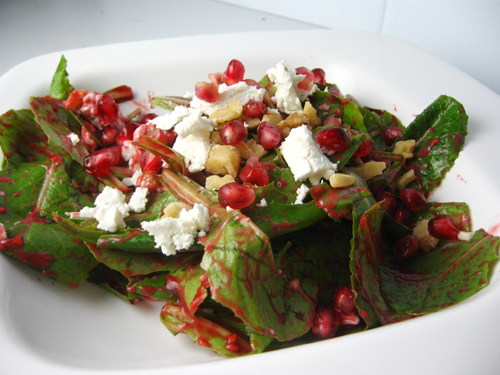
-
![How to Charcuterie with RecipeGirl Image]()
-
![Roasted Butternut Squash, Pomegranate and Wild Rice "Stuffing" Image]()
-
![Pomegranate & Pear Green Salad with Ginger Dressing Image]()
-
![Blood Orange and Pomegranate Sparkling Sangria Image]()
-
![Festive Pomegranate Guacamole Image]()
-
![Kale, Clementine and Feta Salad with Honey-Lime Dressing Image]()
-
![Roasted Delicata Squash, Pomegranate and Arugula Salad Image]()
-
![Pomegranate Quinoa Salad Image]()
-
![Winter Salad Image]()
-
![Pomegranate Smoothie Image]()
-
![Pomegranate Juice Image]()
-
![pomegranate mint cooler Image]()
-
![apple pomegranate juice Image]()
-
![Fruit Raita Image]()
-
![Fruit Salad Image]()
-
![Pomegranate Mousse Image]()
-
![Massaged Kale Salad Image]()
-
![Brussels Sprouts Salad Image]()
-
![Easy Winter Charcuterie Board Image]()
-
![Holiday Cheese Board Image]()
-
![Pork Chops with Pomegranate Glaze Recipe Image]()
-
![Broccoli Salad with Feta, Barley & Pomegranate Recipe Image]()
-
![How to Eat a Pomegranate {Guide with Pics} Image]()
-
![Easy Homemade Grenadine Recipe Image]()
-
![Lamb Meatballs with Yogurt and Pomegranate Seed Sauce Recipe Image]()
-
![Quinoa Salad With Dried Tart Cherries, Mint, and Feta in Lemon-Sumac Vinaigrette Recipe Image]()
-
![Roasted Pear Salad With Endive, Pomegranate, Blue Cheese, and Hazelnut Vinaigrette Recipe Image]()
-
![Winter Fruit Salad with Pomegranates Recipe Image]()
-
![Apple Juice Recipe Image]()
-
![Tomato Tart with Fillo and Feta Cream Image]()
-
![Kollyva (Greek Memorial Boiled Wheat) Recipe Image]()
-
![Giant Ice Cream Sandwich Image]()
-
![Chiles in Walnut Sauce (Chiles En Nogada) Recipe Image]()
-
![Middle Eastern-Inspired Appetizer Cheese Board Image]()
-
![Peppermelon Cocktail Recipe From H. Joseph Ehrmann Image]()
-
![Pomegranate Apple Salad With Poppy Seed Dressing (Parve) Image]()
-
![5 Best Charcuterie Board Ideas Image]()
-
![Egyptian Barley Salad Image]()
-
![Christmas Salad with Herbs, Walnuts, and Pomegranate Image]()
-
![Spinach Pomegranate Salad Image]()











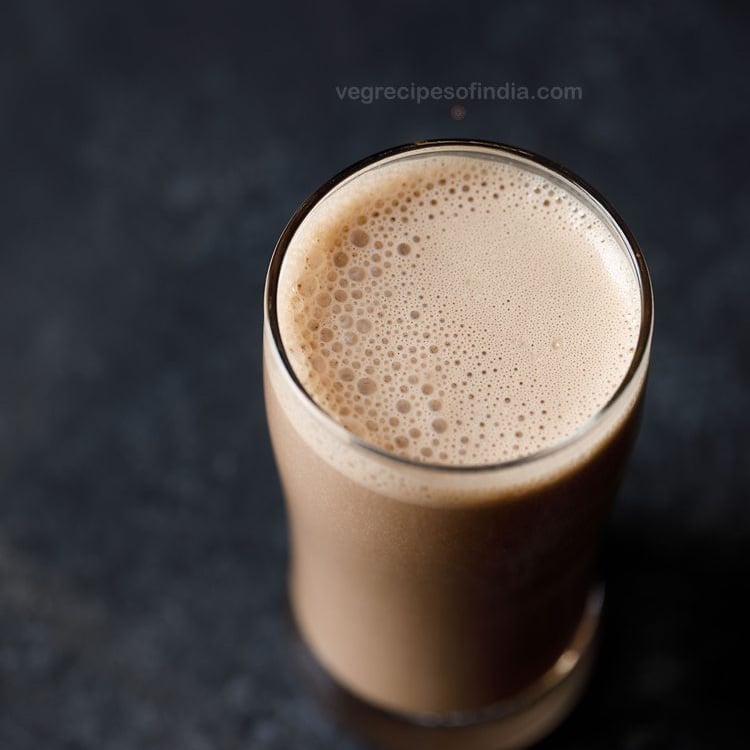
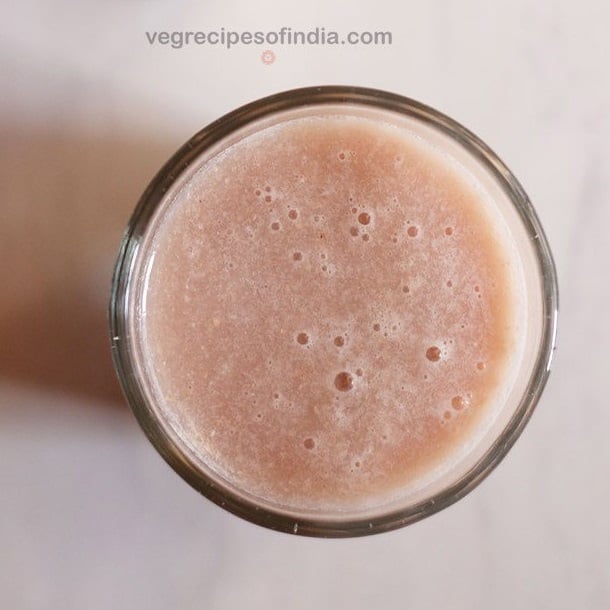
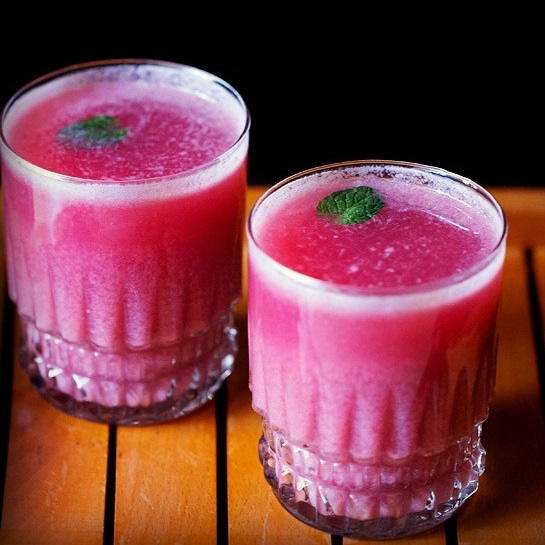
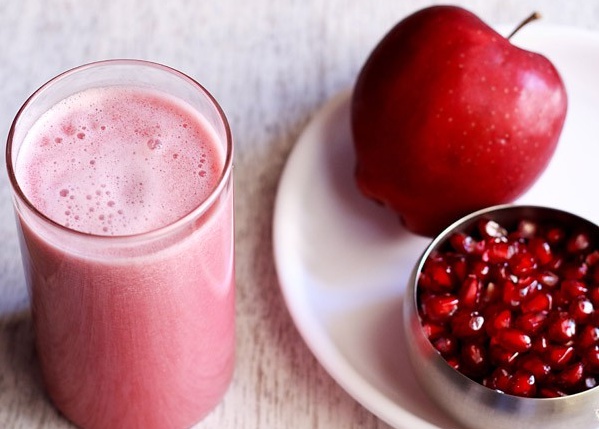
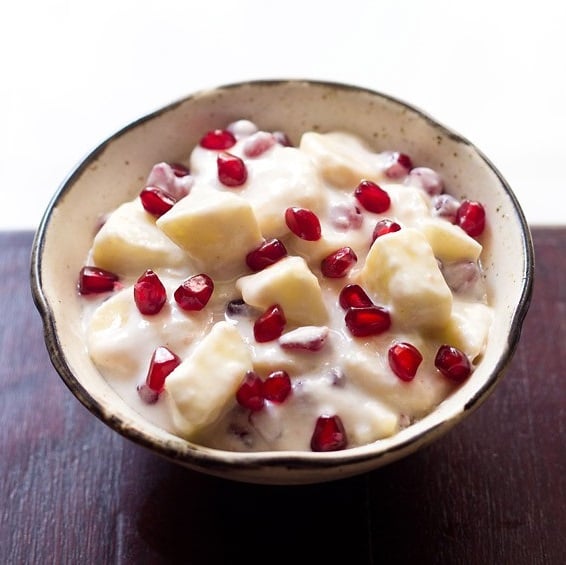
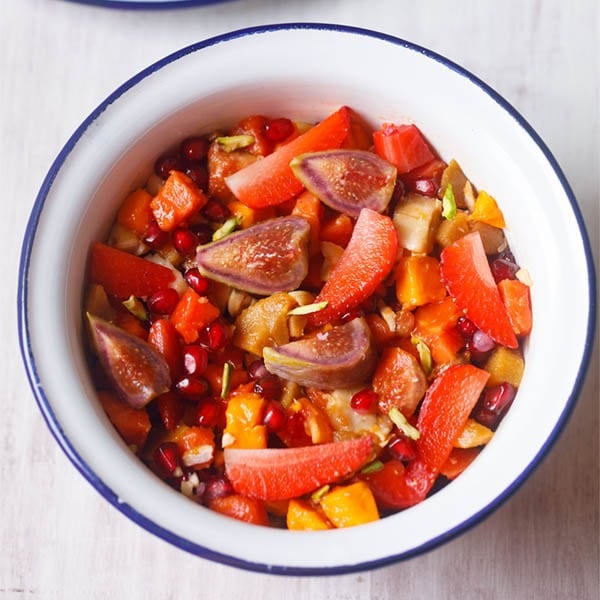

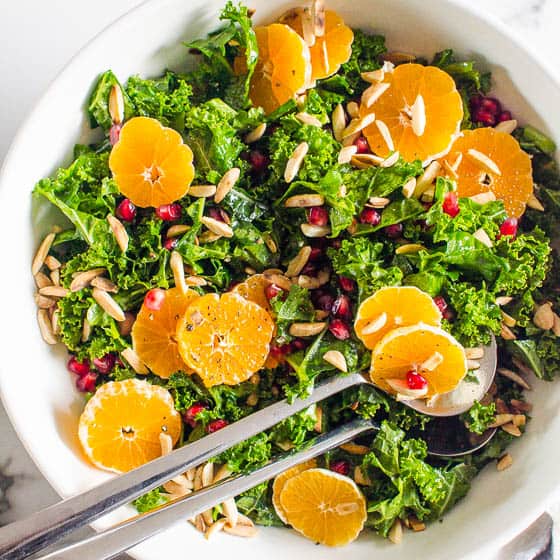
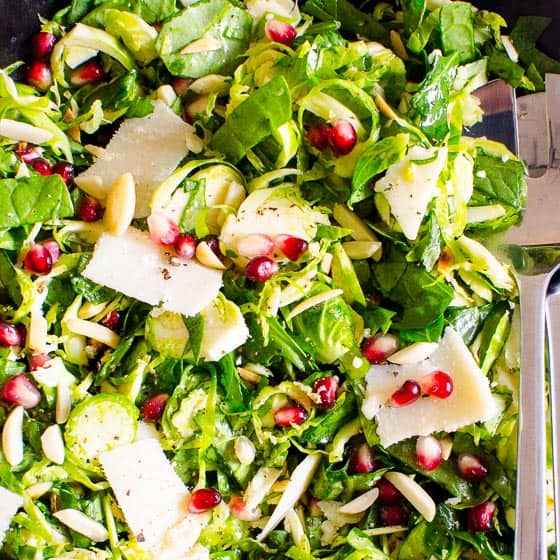


:max_bytes(150000):strip_icc()/__opt__aboutcom__coeus__resources__content_migration__simply_recipes__uploads__2016__12__2016-12-12-Pom-Pork-Chops-4-f7559364703743718a2da9c4ab7e82dc.jpg)
:max_bytes(150000):strip_icc()/__opt__aboutcom__coeus__resources__content_migration__simply_recipes__uploads__2016__12__2016-12-27-Broccoli-Salad-4-f21422c6a7e0458181ce72873dfa9a86.jpg)
:max_bytes(150000):strip_icc()/__opt__aboutcom__coeus__resources__content_migration__simply_recipes__uploads__2013__11__how-to-cut-pomegranate-horiz-a-1800-f103ea8f1a9d49c1995f28eaa50d7a12.jpg)
:max_bytes(150000):strip_icc()/Simply-Recipes-Grenadine-LEAD-06b-6ce416b6ce0247bd981fa31290d8646f.jpg)
/__opt__aboutcom__coeus__resources__content_migration__serious_eats__seriouseats.com__recipes__images__2012__10__201201031-228333-dinner-tonight-lamb-meatballs-pomegranate-sauce-primary-f02fc8d0a4c3488d8648698de794bd98.jpg)
:max_bytes(150000):strip_icc()/__opt__aboutcom__coeus__resources__content_migration__serious_eats__seriouseats.com__recipes__images__2014__07__20140707-Grain-Salads-Quinoa-Sumac-Vinaigrette-Jennifer-Olvera-6fb50e78d1c448679c1b207e97be7cb3.jpg)
:max_bytes(150000):strip_icc()/__opt__aboutcom__coeus__resources__content_migration__serious_eats__seriouseats.com__recipes__images__2015__11__20150923-Thanksgiving-spread-vicky-wasik-016-76688598b6b04ed791bea9997d19ce56.jpg)
:max_bytes(150000):strip_icc()/__opt__aboutcom__coeus__resources__content_migration__serious_eats__seriouseats.com__recipes__images__2011__12__2011-12-21-winter-fruit-salad-pomegranates-a25ce15a3e2642dfa401aeb8c8a5e677.jpg)
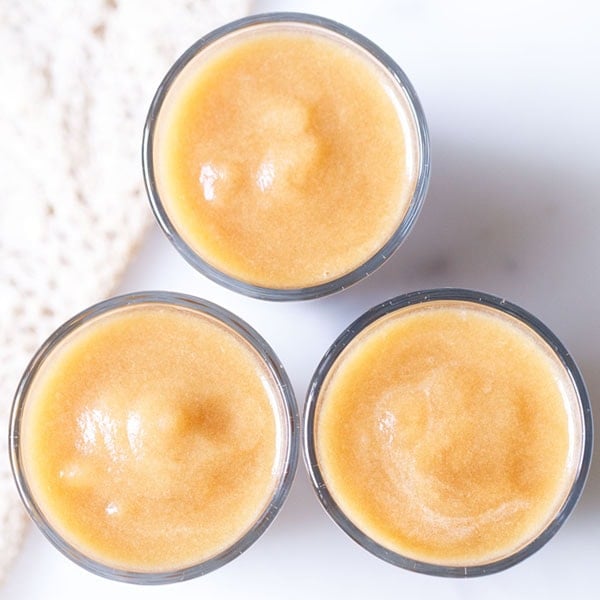
:max_bytes(150000):strip_icc()/tomato-tart-with-fillo-and-feta-cream-4049892-hero-03-5a7ab2c0885a441da3687b74a80082f0.jpg)
:max_bytes(150000):strip_icc()/Kollyva-GettyImages-536007907-598dc38bc41244001168b9b8.jpg)
:max_bytes(150000):strip_icc()/giant-ice-cream-sandwich-4126168-hero-01-8adceeca741140c396ac131f3acf9eb5.jpg)
/person-holding-platter-of-chiles-en-nogada-85652468-5a6e82986edd6500361bc064.jpg)
:max_bytes(150000):strip_icc()/aIMG_8331fsq-5a09c0e3ec2f640036c78115.jpg)
:max_bytes(150000):strip_icc()/Peppermelon-Cocktail-58a4ad523df78c4758cdf034.jpg)
:max_bytes(150000):strip_icc()/pomegranate-apple-salad-2121971-hero-01-d2e7009425764153bf4fbe2dae8f3703.jpg)



